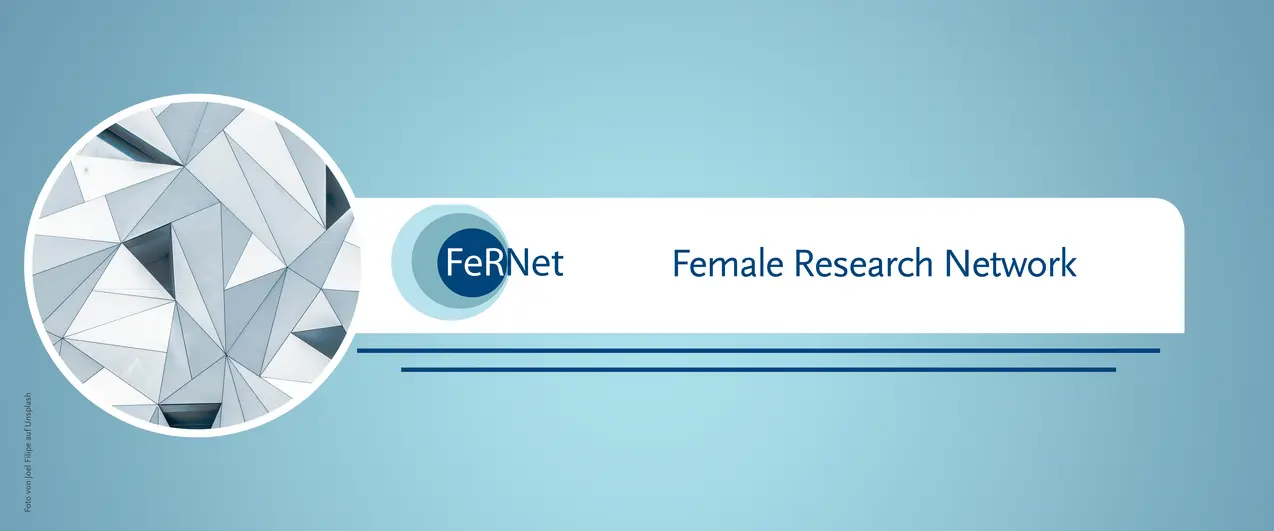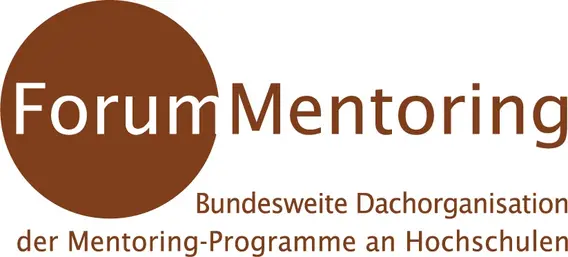FeRNet - Female Research Network
The FeRNet program is aimed at female junior researchers in the advanced stages of their doctoral studies at the University of Bamberg. The program focuses on fostering exchanges with experienced academics, accompanied by a structured framework, as well as building formal and informal networks.
The goal of the mentoring program is to bridge the gap between different phases of an academic career and prevent what is known as the "leaky pipeline" phenomenon. When additional diversity characteristics are considered, this phenomenon can be further increased. The structural barriers for female researchers vary within the academic context. For example, first-generation academic staff with caregiving responsibilities, refugee experiences, discrimination experiences, or disabilities face challenges of different kinds.
An intersectional perspective allows for the recognition of the diversity of experiences among female junior researchers and acknowledges the associated challenges in their academic careers. We aim to create a diverse mentee group, considering both personal characteristics and the respective fields of study.
Target audience: early-career researchers in advanced stage of doctoral studies, as well as Postdocs and during habilitation
Program duration: May 2024 – December 2025
Programm Elements
Mentoring
The mentoring relationship involves an experienced professor as the mentor and the supported junior researcher as the mentee. Professors within and outside the University of Bamberg (international) can be suggested. Contact between them is facilitated through the program coordination.
The mentoring relationship is characterized by regular exchanges independent of the framework program. The intensity, format, location, and content of the meetings are individually determined between the mentee and mentor. This is formally documented in a mentoring agreement where common goals are also defined. This allows important topics to be listed in advance and explored in detail during individual discussions..
Networking
The support is complemented by networking events and informal discussions aimed at connecting mentees with each other, within the university, and with the respective scientific community.
Framework Program
In addition to the mentoring relationship, FeRNet provides funding for a seminar program for the supported junior researchers, which serves their individual (personal) career planning and development. The framework program of this mentoring round will be conducted in English for the first time, in case using German as the program language would exclude applicants.
Furthermore, it is possible during the mentoring program, to request individual support (e.g., career coaching) upon request and with reasonable grounds.
Forum Mentoring e. V.
FeRNet, the mentoring program of the Academic Equal Opportunity Officers of the University of Bamberg, is a member of Forum Mentoring e. V.—a nationwide association—and supports its high-quality standards in mentoring.

